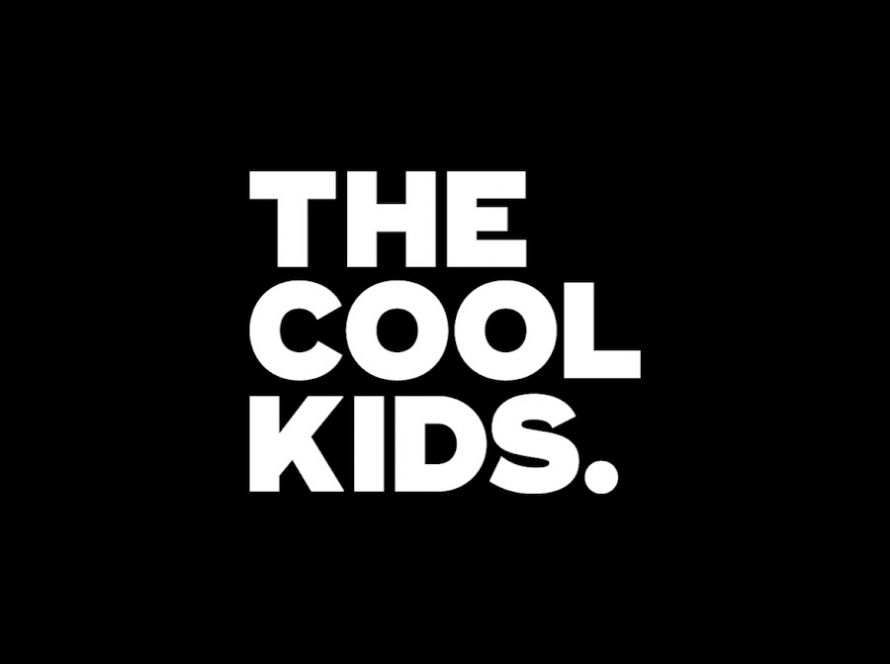One of my Uber Chronicles stories.
My next passenger looks to be in his early 30s. White, medium height and medium build. Blond. He’s wearing a Washington Nationals baseball cap. I’m taking him to a friend’s home in Chevy Chase, a very nice neighborhood right outside of D.C.
I notice the car in front of me is going very slowly, and I ask him if there is a speed trap nearby. He says he doesn’t know, that he’s not from the area but that his strategy with speed traps is to use the other cars as his bait with the police. What does he mean by that? I ask. He yells at the drivers, gets them to go fast and then he drives just below their speed. His solution? Only one of them is going to get caught in a speed trap, and it’s not going to be him.
I tell him that I believe there are speed cameras here and that anyone and everyone going over the speed limit gets a ticket. A nasty, hefty ticket.
He’s incredulous. Everyone gets a ticket!? (What madness is this? his voice seems to convey.) I ask a few questions and discover he has been without a car for a decade, he was a Peace Corps volunteer in Peru and he lived in Asia for about five years after that. He’s back now for a job he, per his story, couldn’t refuse. We talk a bit about that. It’s a new field of management and business practices that uses neuroscience as its research base. It sounds interesting, and I get a follow-up link from him to read up on the subject later.
Key experience: His years abroad have de-Americanized him just a bit. When he thanks me for the ride, he says it in a way that sounds and feels incredibly genuine. Not that Americans can’t be thankful; rather that his sincerity level seemed to come from a different wellspring inside him.
I complete the ride, rate him, turn off Uber and turn on Lyft, and decide to drive slowly down quiet streets in this beautiful neighborhood. I’m closer to D.C., and the Lyft app is all pink with surge pricing in D.C. I’m certain I’ll get a ride. Nine minutes later I do.




